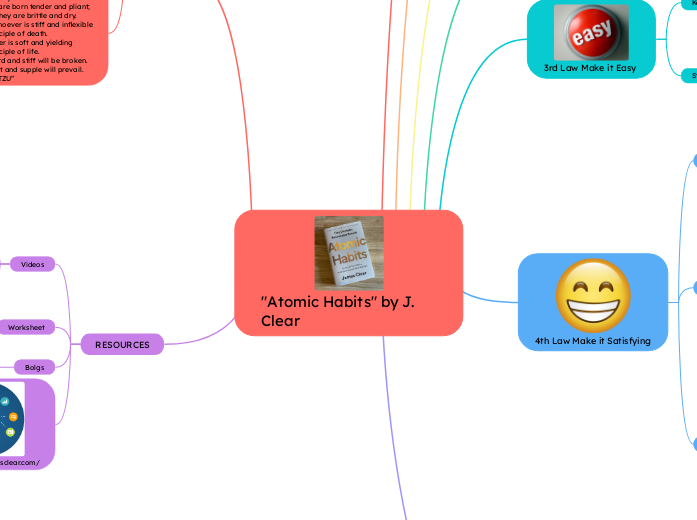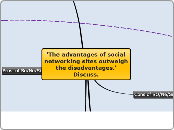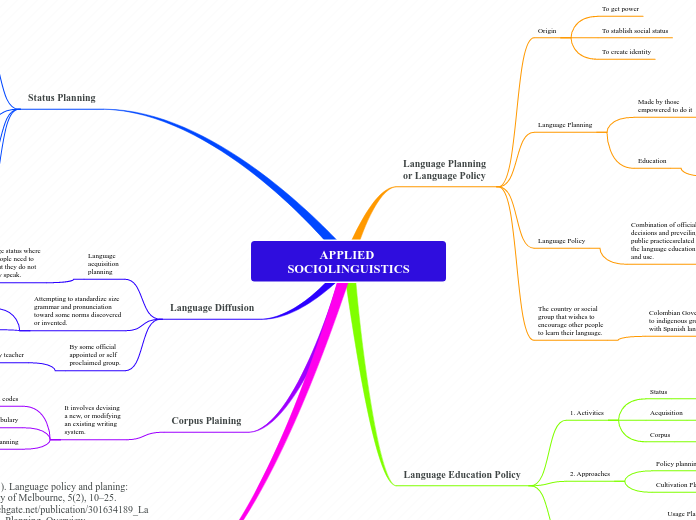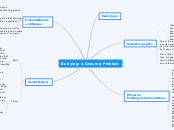af Masha Honcharova 9 måneder siden
68
"Atomic Habits" by J. Clear - Copy
The text discusses the principles and strategies from "Atomic Habits" by James Clear, focusing on behavior change and habit formation. It emphasizes the importance of making habits satisfying to ensure their repetition and introduces techniques like immediate rewards and habit tracking.









